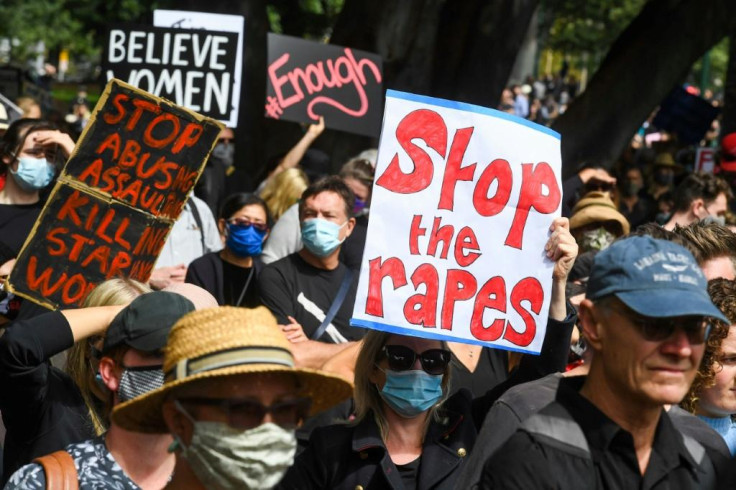UN Women report shows that low women's empowerment is shockingly common worldwide
Women's empowerment is shockingly low worldwide. At the current rate of progress, UN women predict that it will take 286 years to achieve global gender equality.

UN Women and the UN Development Programme (UNDP) have analysed equal gender rights and low women's empowerment in 114 countries across the globe.
The investigation found that less than one per cent of women and girls globally live in a country where women have equal rights in the healthcare and education system.
The report also concluded that 3.1 billion women and girls, which equates to more than 90 per cent of the world's female population, live in regions that are characterised by a huge women's empowerment deficit and gender gap.
The countries studied by the UNDP and UN Women include the UK, Bangladesh, Albania, Greece, Israel and the US.
The lack of female empowerment was measured by the Women's Empowerment Index (WEI), which showed that globally, women are encouraged to achieve on average only 60 per cent of their full potential.
The Global Gender Parity Index (GGPI) assessed the gender disparities in key dimensions of human development. The core dimensions of human development include health, education, inclusion, violence against women and decision-making.
The GGPI found that there is a 28 per cent gender gap around the world – including in developed countries.
Earlier this year, a UN Women study found that a huge 81.8 per cent of women who have fought for a place in parliament have experienced psychological violence. It was also reported that around 73 per cent of women journalists had faced online abuse.
Achim Steiner, a UNDP Administrator said: "This eye-opening analysis shows that higher human development is not by itself a sufficient condition, as more than half the countries with low and middle performance in the women's empowerment index and global parity index fall in the very high and high human development groups."
"Too many women and girls are living in countries that only allow them to reach a fraction of their potential and these fresh new insights are ultimately designed to help to effect real change – for real people," Achim Steiner added.
Women can do
— UN Women (@UN_Women) July 17, 2023
Any career.
Any hobby.
Any sport.
Any education path.
Anything!#MondayMotivation pic.twitter.com/nOtSl79fRU
The UN Women and UNDP report highlighted a roadmap for targeted interventions and policy reforms.
Sima Bahous, the Executive Director for UN Women stated: "Sustained efforts are therefore needed to deliver on the promise of gender equality, secure the human rights of women and girls and ensure that their fundamental freedoms are fully realised."
The report recognises that health policies must increase their focus on universal access to sexual and reproductive health care services for women and girls, as well as a shift in focus on the gaps in skills and quality of education for girls that need addressing.
Investing in policies and services that assist women with a work-life balance and affordable childcare services will also bridge the global gender equality gap. To achieve women's empowerment, improved parental leave schemes and flexible work hours are also essential.
Discriminatory laws and regulations, such as the criminalisation of abortions in the US, must also be eliminated if the world is to achieve gender parity. To ensure parity in all spheres of life, the UN report calls for global authorities to establish a range of set targets and action plans.
Eliminating discriminatory laws against women and girls worldwide would also assist with the abolishment of gender-based violence. Changing social norms and implementing comprehensive measures that focus on violence prevention would increase developments towards achieving global gender equality.
The UNDP and UN Women report recognised this issue, and stated: "By harnessing these indices, policymakers, stakeholders and communities can take informed action and accelerate the journey towards a more equitable and inclusive world."
Due to the huge lack of female empowerment across the globe and the current rate of progress, UN Women estimate that it will take the world 286 years to achieve gender equality.
© Copyright IBTimes 2025. All rights reserved.






















